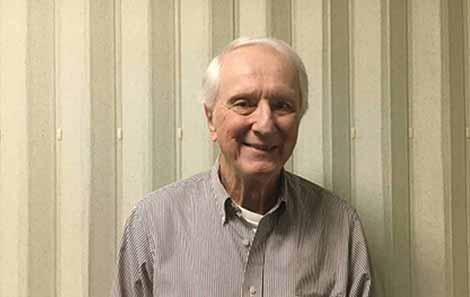Here, you'll find the complete range of care options for ventricular tachycardia and other heart rhythm disorders. Ventricular tachycardia (v tach) can be hard to treat. But at UVA Health, we use the latest treatments to control and prevent it. Here, you'll find a number of options for treating v tach. From medicines to devices, we'll make sure you get the right treatment for your v tach.
Medicines
Medicines can treat some forms of ventricular tachycardia. These might be enough to keep your rhythm under control.
But these drugs can also have serious side effects. We also offer procedures and treatments that might be safer and more comfortable for you.
Catheter Ablation
We're specialists in catheter ablation. This procedure uses a small flexible tube (catheter) to burn or freeze (cryoablation) the parts inside you causing the fast heartbeat.
ICDs
An implantable cardioverter defibrillator (ICD) is a small battery-operated device. It's put inside your body. It watches your heart’s rhythm and treats v tach by giving you an electric shock that sets your rhythm back on track.
Transplant
If these treatments don't work for you, you may need a heart transplant. We've performed over 300 heart transplants. That makes us the top heart transplant center in Virginia.
What is Ventricular Tachycardia?
Ventricular tachycardia is a common but serious heart condition. If you have heart disease or have had heart attack, you're more likely to get v tach. But sometimes healthy people with normal hearts get it too.
It happens when your heart beats too fast. Because of it, your lower heart chambers can't fill with enough blood. And they have trouble pumping that blood out to your body.
Ventricular fibrillation (vfib) is a kind of dangerous v tach. In vfib, there are too many electric pulses to your lower heart. Your heart is beating too fast and the extra signals make the pumping action chaotic. It can't pump blood.
If you have an episode of v tach, you might not feel any symptoms. But in some people, it can be severe. It can lead to sudden cardiac arrest. Symptoms include:
- Fast heart rate
- Racing, pounding, or skipping heartbeat
- Shortness of breath
- Chest pain
- Passing out
- Sudden death

